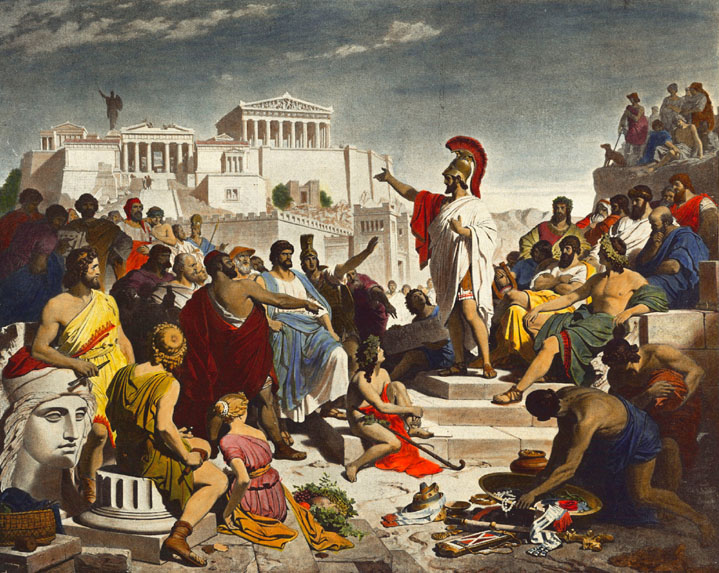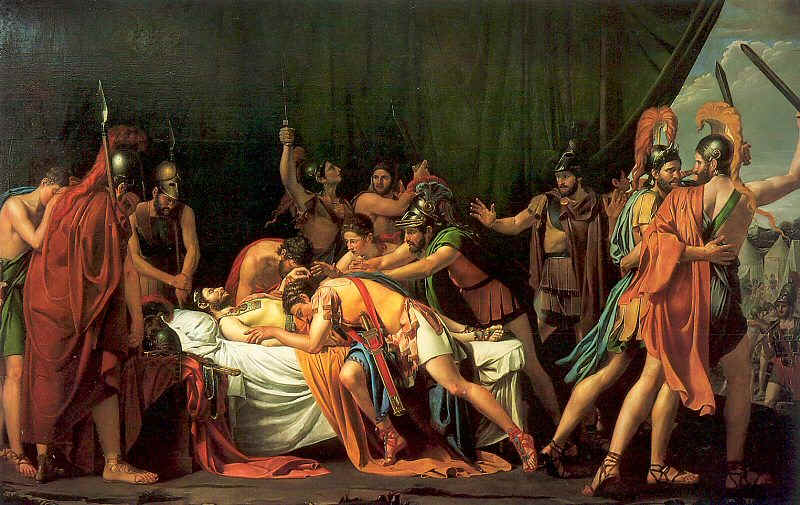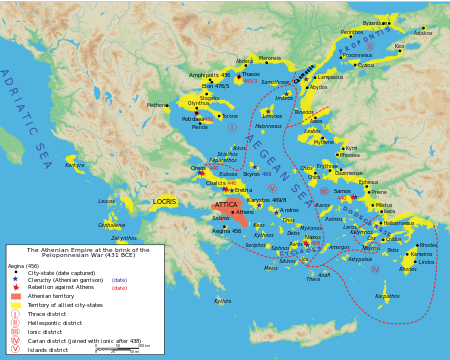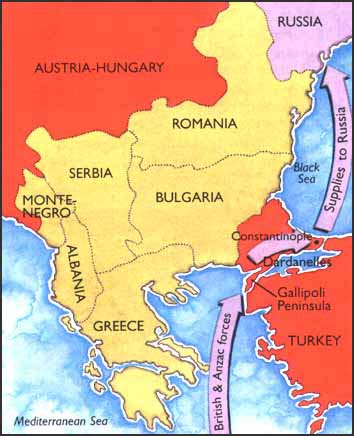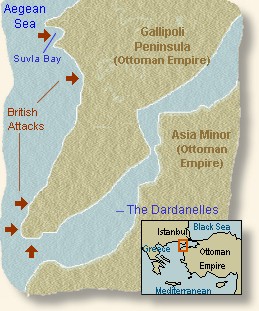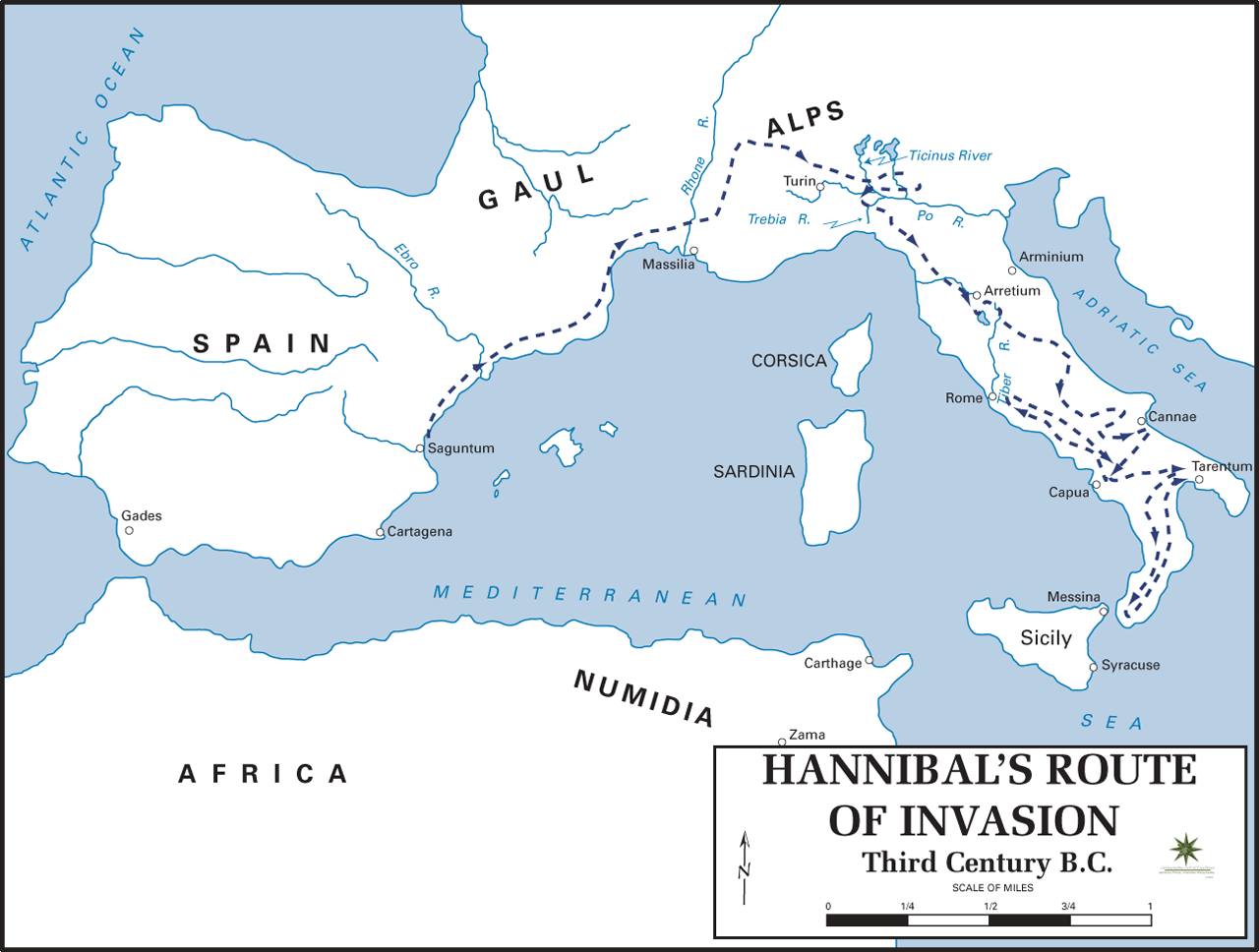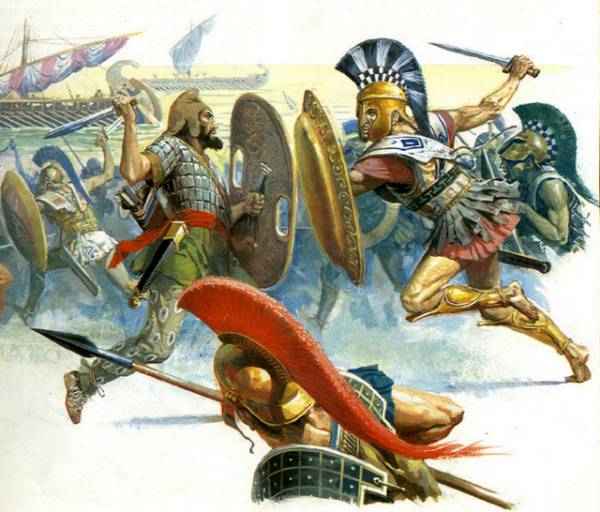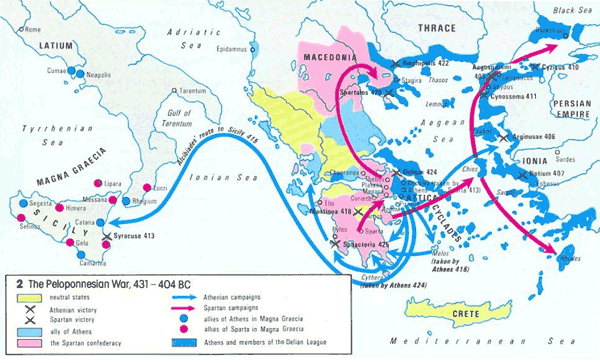Here is my final segment on the Peloponnesian War. Sometimes truth is more fantastic than fiction and Greek history is one of those times. Although I have read extensively in this area, when finally writing down my thoughts, I was shocked by the level of degradation in thinking possible if one does not maintain his absolute principles. One of the main reasons the LIFE Business operates with a Policy Council is to ensure that we follow the principles espoused. I remember when Dan Hawkins attending his first PC meetings. He was amazed as the ability for anyone to speak freely when he disagrees with the policy direction. In truth, I wouldn’t have it any other way. I would much rather have one of the PC catch a policy/principle mistake before we PDCA on the entire community! 🙂
In my book RESOLVED: 13 Resolutions for LIFE, I take a whole chapter to describe character, integrity, and principles. Each person should be working on improving his or her character and finding other top leaders to help them on the journey of life. This is exactly what the LIFE Business does, it provides a community of people, who are growing personally and professionally, to aid others on their success journey. I am thankful for leaders like Chris Brady, Tim Marks, and Claude Hamilton and the rest of the LIFE Founders for speaking into my life when needed. LIFE, in other words, is a team sport! Here is the final part of the Peloponnesian War.
Sincerely,
Athens, Sparta and their allies, waged a pitiless war against one another for nearly 30 years with brief respites. Athens failed invasion of SiciIy put them on the defensive, but Sparta didn’t have enough naval power to deliver a knock out blow. The war continued for over twenty additional years despite both sides having little to gain and much to lose. Athens treatment of Melios displays the corrosive effects of the FLD and is representative of the tyranny practiced by the Athenian empire on its weaker sister cities. Thucydides, in his Melian dialogue, describes the unfolding Greek tragedy. Here is a small portion of the dialogue to convey the detrimental effects of the FLD on Athenian thinking:
Athenian: For ourselves, we shall not trouble you with specious pretenses—either of how we have a right to our empire because we overthrew the Mede, or are now attacking you because of wrong that you have done us—and make a long speech which would not be believed; and in return we hope that you, instead of thinking to influence us by saying that you did not join the Spartans, although their colonists, or that you have done us no wrong, will aim at what is feasible, holding in view the real sentiments of us both; since you know as well as we do that right, as the world goes, is only in question between equals in power, while the strong do what they can and the weak suffer what they must
Melians: You may be sure that we are as well aware as you of the difficulty of contending against your power and fortune, unless the terms be equal. But we trust that the gods may grant us fortune as good as yours, since we are just men fighting against unjust, and that what we want in power will be made up by the alliance of the Lacedaemonians, who are bound, if only for very shame, to come to the aid of their kindred. Our confidence, therefore, after all is not so utterly irrational.
Athenian: Of the gods we believe, and of men we know, that by a necessary law of their nature they rule wherever they can. And it is not as if we were the first to make this law, or to act upon it when made: we found it existing before us, and shall leave it to exist forever after us; all we do is to make use of it, knowing that you and everybody else, having the same power as we have, would do the same as we do
Strikingly, Athens, the same city who fought Persia’s “might is right” pragmatism, now asserts the same “principles” in its contest with weaker Greek cities. This combination of hypocrisy and hubris has clouded the rationality of leaders in power since history has been recorded. Evidently, although many things have changed, human nature isn’t one of them. Thus leaders must remain vigilant against the debilitating effects of the FLD or it will destroy culture. In the Greek example, it gets even worse, for both leagues, in desperation, appealed to the Persian king for aid against the other. Remarkably, Sparta and Athens, the two former allies against Persia, rather than settle their differences, instead sought to align themselves with their former nemesis Persia. Persia happily complied, aiding Sparta with money and ships to destroy Athen’s superior seapower. Persia did this, not for Sparta’s benefit, but for their own, astounded at their opportunity to destroy both cities at once. Both leagues, willingly sold Greek’s freedom and future – another sad effect of the FLD in action – in an attempt to win the war. At the conclusion of the Peloponnesian War, each side was drained of men, money, and mind, leaving them prostrate before Macedonian machinations.








